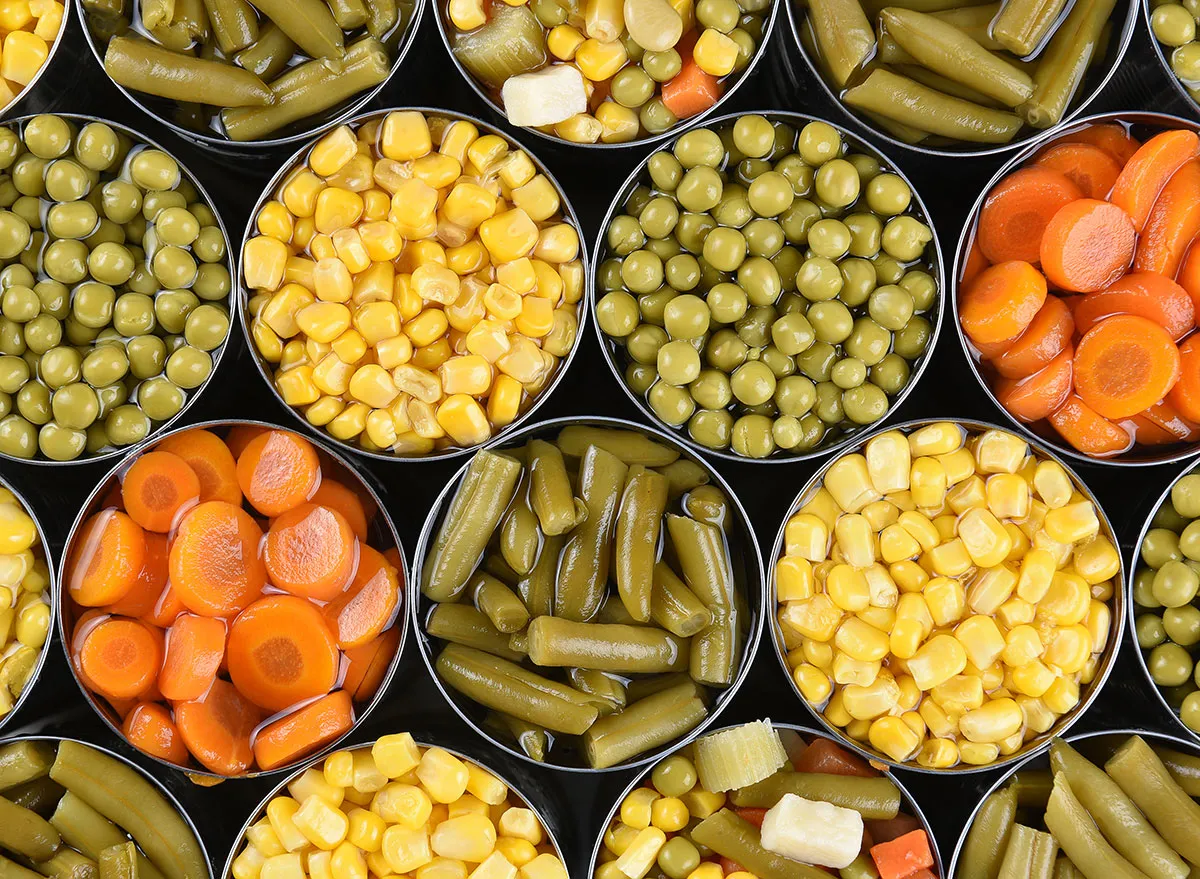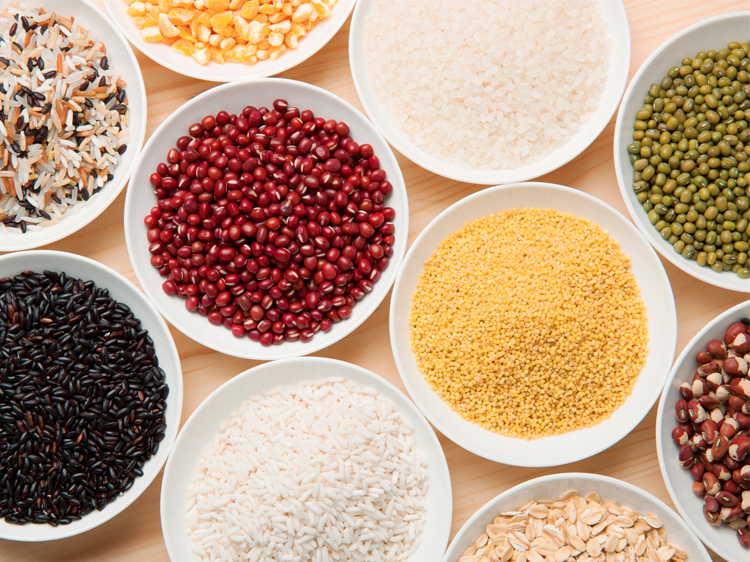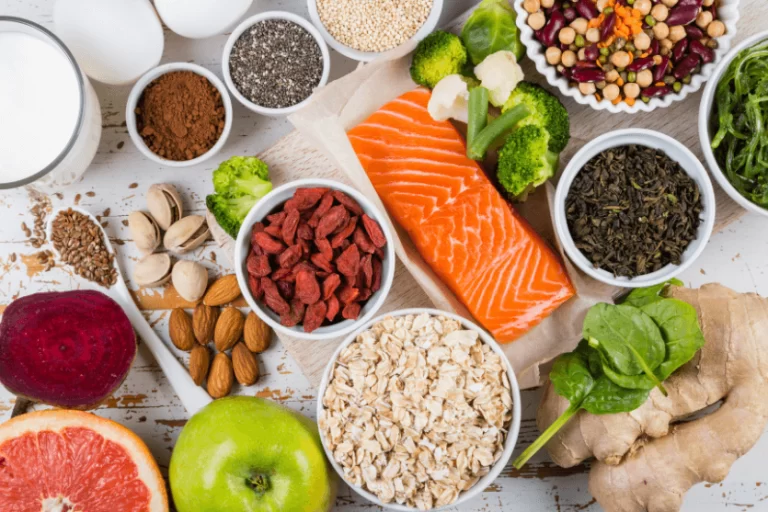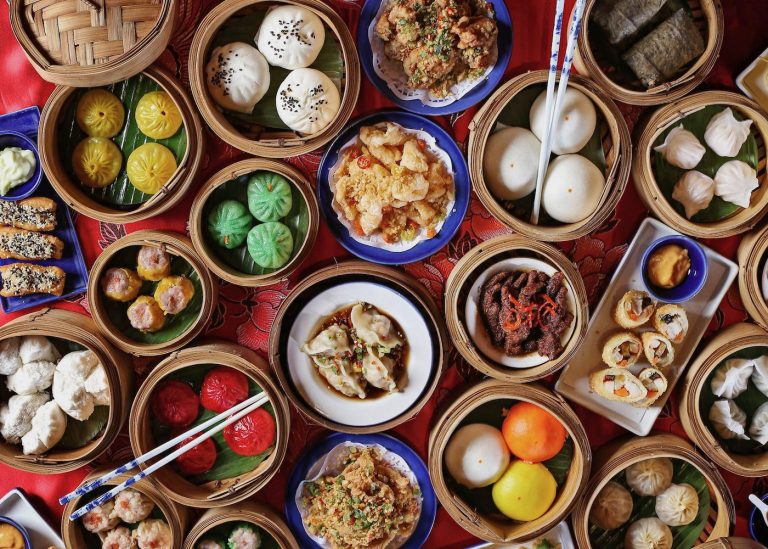
Non-Perishable Food
Introduction
In today’s fast-paced world, having a well-stocked pantry with healthy non-perishable food items is not just a matter of convenience; it’s also an essential strategy for emergencies and maintaining a balanced diet when time is scarce. These long-lasting edibles can provide the necessary nutrients without the worry of spoilage or frequent grocery trips. This comprehensive guide aims to delve into the most nutritious and versatile non-perishables that can transform your pantry into a powerhouse of sustenance.
Nutrient-Rich Canned Goods: A Treasure Trove of Nutrition
Healthy non-perishable food:Canned goods are often misunderstood as being unhealthy due to their processing, but they can actually be nutritional powerhouses. Legumes like beans, lentils, and chickpeas are packed with protein, fiber, and essential minerals. They’re perfect for quick meal prep – toss them in soups, salads, or make a hearty bean dip.
Fish and seafood canned in water or oil (opting for low-sodium versions) are rich sources of omega-3 fatty acids and lean protein. Tuna and salmon, for instance, are excellent choices for sandwiches, salads, or pasta dishes. Don’t forget about canned vegetables and fruits too; tomatoes, pumpkin, and fruits packed in water or natural juice maintain much of their vitamin and mineral content, making them valuable pantry staples.
Whole Grains and Pasta: Storing Energy Dense Staples
Healthy non-perishable food:Stocking up on whole grains offers a wealth of health benefits. Brown rice, quinoa, and other ancient grains are energy-dense, providing sustained energy throughout the day. Their longer shelf life compared to fresh produce ensures they’re always ready to be transformed into a satisfying meal. Whole wheat pastas and noodles, while lasting longer than fresh pasta, still retain their fiber and B vitamins, ensuring you get a dose of nutrition even in your comfort food.
Nuts and Seeds: Packed with Goodness
Nuts and seeds are nature’s tiny powerhouses, loaded with heart-healthy fats, protein, and fiber. Opt for raw, unsalted varieties and store them in airtight containers for maximum freshness. Almonds, walnuts, chia seeds, and flaxseeds are ideal pantry companions, adding crunch, flavor, and nutrition to meals or serving as a convenient snack between meals.
Dried Fruits and Vegetables: Nature’s Convenient Snacks
While dried fruits and veggies may have more concentrated sugars than their fresh counterparts, they’re still nutrient-rich and offer a great way to sneak in servings of fruit and veg. Look for unsweetened options without added preservatives. Raisins, apricots, prunes, and sun-dried tomatoes are tasty treats, while dried mushrooms add depth to sauces and stews.
Nut Butters and Oils: Flavorful Sources of Good Fat
Nut butters like peanut butter and almond butter are more than just delicious spreads – they’re high in protein and healthy fats. Choose natural varieties with no added sugar or hydrogenated oils. Cold-pressed oils such as olive, coconut, and avocado oil are pantry essentials for cooking, baking, and dressing salads. Proper storage, away from heat and light, keeps these oils at their best.
Long-Lasting Protein Sources: Sustenance When You Need It Most
Canned meats, including chicken, beef, and turkey, can be a boon during busy times or emergencies. Seek out low-sodium and additive-free options for optimal health benefits. For those who prefer plant-based proteins, powdered milk, eggs, and vegan protein powders offer versatility and take up minimal space. Jerky made from lean meats and free of added sugars or preservatives is another convenient protein-packed option.
Spices, Herbs, and Condiments: Adding Flavour Without Sacrificing Health
Healthy non-perishable food:A pantry isn’t complete without spices, herbs, and condiments. These culinary wonders can enliven any dish while being low in calories and rich in antioxidants. Opt for organic, low-sodium, and additive-free choices to keep your meals flavorful yet health-conscious.
The Advantages of Non-Perishable Foods
Non-perishable foods offer a multitude of benefits, making them indispensable components of any well-stocked pantry or emergency kit. Here are some key advantages:
1. Long Shelf Life
The most obvious advantage of non-perishable foods is their extended shelf life. They are specially processed and packaged to resist spoilage for months or even years without refrigeration. This means they can be stored for long periods without losing nutritional value or taste, providing a reliable food source during emergencies, natural disasters, or when fresh groceries are scarce.
2. Convenience
Non-perishables require minimal preparation, which makes them perfect for busy lifestyles. They are ready-to-eat or can be quickly cooked, saving time and effort in meal planning and preparation. They’re also great for camping trips, picnics, or travel where refrigeration may not be available.
3. Cost Efficiency
These foods typically have a longer shelf life, reducing waste from expired products. This leads to cost savings over time as you consume what you purchase rather than throwing away spoiled goods. Additionally, buying non-perishables in bulk often results in lower per-unit costs.
4. Year-Round Availability
Non-perishable items ensure access to a variety of food options regardless of seasonal availability. Canned fruits, vegetables, and proteins provide essential nutrients all year round, ensuring a balanced diet even when fresh produce is out of season.
5. Emergency Preparedness
Non-perishable foods form the backbone of disaster preparedness kits. Their durability and ease of storage make them ideal for stockpiling to meet unexpected needs during power outages, extreme weather conditions, or other emergencies.
6. Nutritional Value
Contrary to popular belief, many non-perishable foods retain significant nutritional value. Canned goods, for instance, can be just as nutritious as their fresh counterparts because they’re canned at peak ripeness, locking in vitamins and minerals.
7. Versatility in Cooking
Non-perishable ingredients like canned beans, pasta, and canned meats can be versatile staples for creating numerous dishes. They allow for creativity in the kitchen and help maintain a diverse menu even when fresh ingredients are limited.
Non-perishable foods offer unmatched convenience, longevity, cost-effectiveness, and versatility, ensuring that everyone has access to safe, healthy, and tasty meals anytime, anywhere.
Conclusion: Building a Balanced Pantry
Recapping our journey through the realm of healthy non-perishables, it’s clear that by thoughtfully curating your pantry, you can create a harmonious blend of foods that provide all the necessary macronutrients and micronutrients for a well-rounded diet. Regularly rotating stock and checking expiration dates ensure freshness and safety, while creatively using these ingredients can turn everyday meals into nourishing feasts.
Bonus Tips: Creative Uses for Non-Perishables
1. Meal Planning Ideas: Use non-perishables to plan ahead for weeks’ worth of lunches and dinners. Think canned tuna salad, lentil soup, or brown rice stir-fry with canned veggies.
2. DIY Healthy Snacks: Mix nuts and seeds with dried fruits to create homemade trail mix, or use nut butter to make protein bars and energy bites.
3. Balanced Meals Using Only Non-Perishables: Combine canned beans with brown rice, spices, and a side of canned vegetables for a wholesome one-pot meal. Alternatively, prepare a pasta dish featuring canned tomatoes, tuna, and a medley of dried herbs.
In conclusion, building a robust inventory of healthy non-perishable foods enables you to eat nutritiously, conveniently, and economically. By embracing these diverse food options, your pantry will become a cornerstone of health and sustenance in your daily life.





